So your child hates school, huh? Been there.
The problem with having a child that hates school is that it’s pretty much a non-negotiable part of life. Schooling–of some sort–is necessary and that can be a bitter pill for your child to swallow when they have trouble learning or a hard time getting through the school day for some other reason. For parents, it can be difficult to understand why they hate it, especially if they are unable to articulate the reasons.
Recently being in the classroom and having firsthand knowledge about education today helps me understand just how rough school can be for kids with attention-deficit hyperactivity disorder (ADHD) or learning disabilities (LD).

So, my 1st disclaimer. I wrote this article for the parents of children who have had a neuropsychological evaluation and received a diagnosis like ADHD or another learning disability. But honestly, if your child hates school for any reason, I hope this article can help you pinpoint specifics and discover solutions. In fact, the linked article about innovative changes in schools may provide some ideas about why kids without learning disabilities dislike school.
Now, my 2nd disclaimer. As a former teacher I know how much time, energy, and dedication many teachers and other school staff put into their work. I am in no way blaming them for the imperfections of the education system.
I wrote this article because I loved school. I’ve always had a natural love of learning. When they were younger, I read to my kids. I did fun “school” activities. My husband used to be a teacher. And yet.
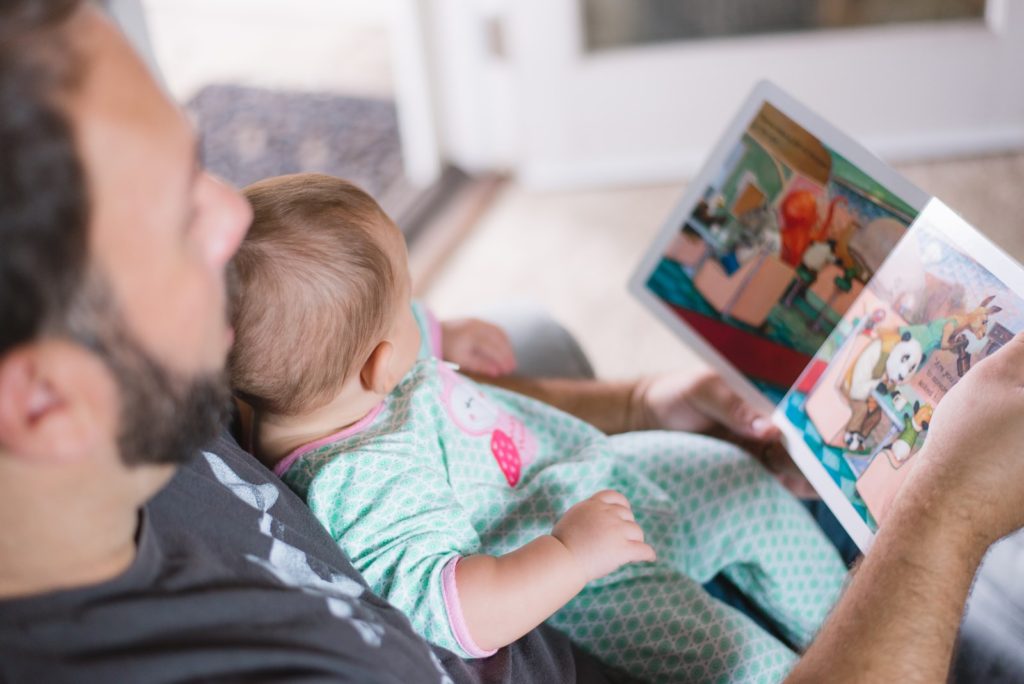
Neither of my children really like school all that much. And if you take out the social part, I think it would be safe to say they don’t like school at all. And one of my children really, really, really doesn’t like school. It is tough. Learning is hard. And school is all about learning.
So, yes, I get why she doesn’t like it. Who wants to spend all day trying to achieve something that feel unachievable? Or learning something you have zero interest in?
And for many kids with ADHD or other LD that is what we are asking them to do each school day.
That’s a tough sell, I get it.
I used to get frustrated and basically wanted to say, “Suck it up,” until I really understood my child’s school experience. After all, I pretty much loved school so I had a hard time grasping why she really, really didn’t.
Once I did some research, had lots of conversations, listened, listened, and listened, and reflected upon what a school day really looks like, I started to understand. In addition, I observed the students I worked with who had ADHD or LD. My understanding grew more.
After reading this article I hope you do not feel sorry for your child. But I do hope you have empathy for their situation and acknowledge their frustrations and concerns. And then I hope that you can problem solve (see the bottom of the article) so that school becomes somewhat more tolerable.
It’s important we understand our children’s frustration and that they KNOW we understand. So, let’s put it in terms we can grasp a bit easier.

Most kids spend 13 years in school.
Now, imagine you had a job you hated. How would you like to work at that job you hated for almost 7 years?
7 years of 40-hour weeks?
That’s about how much schooling our children complete before graduation.
I think we owe it to them to take their school concerns seriously and try to find the best solutions to the challenges that come with being a student with ADHD or learning disabilities in our current school system. Here are 10 reasons your child may hate school.
1–Requires Too Much Energy
Imagine for a second, spending the entire day doing something that is really, really difficult for you. (For me, that is anything tech related!) Now imagine doing that the next day and the day after that. Imagine doing that everyday for an entire school year.

I believe that is how many kids with ADHD or LD feel. Learning requires energy. Each worksheet, lecture, activity requires mental work and attention.
Here’s the problem. For kids with LD, there is a good chance that each activity takes MORE energy than it does for a student with no LD. Therefore, after the difficult time they had with the math lesson, they may have used up almost all of their energy. Yet, they have more work to do in order to make it to the end of the day.

Along with this, they spend mental and emotional energy on other things. For instance, maybe your needs help with the first problem they are working on yet the teacher is busy for 20 minutes working with a small group or another student.
That is frustrating and may require a lot of emotional energy from a child to keep from becoming dysregulated from this waiting time or to prevent themselves from becoming overly anxious about how much time they will have left to complete their work.

School sometimes require more energy than kids with ADHD and learning disabilities have to give.
2–The Topic and Pace of the Current Lessons is Wrong
Another reason your child may hate school is because of the work itself.
Public schools usually have a fast paced curriculum that focuses on breadth not depth. Regardless of how interested students are, plant parts are taught in 2nd grade, for instance. This can cause frustration in all students, not just students with LD.
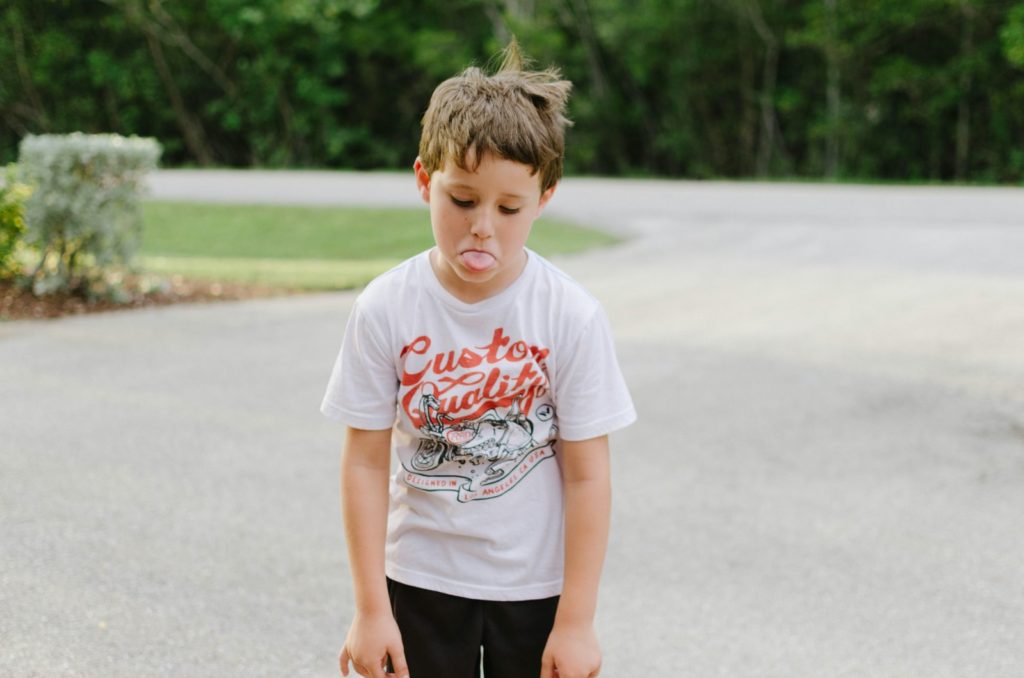
But, if your child has ADHD, a lack of interest is a much larger barrier to learning than for a child without ADHD. A lack of interest means that your child is going to have to work extra hard to pay attention and get the work done–that is simply how their brain is wired; this is not a personality or attitude issue.
Additionally, mastery expectations may be too high; expecting children to know how to multiply after 4 days of instruction, for instance, is tough. Children with learning disabilities usually need more time before information and processes truly click and the time constraints teachers face require that they move forward, even if students need more work on a particular objective.

Along those same lines, critical thinking may be emphasized before a student with a learning disability really understands the concept or has sufficiently processed the background information. The level of difficulty may be too high for them to reach at that time.
On the other hand, if too much time is devoted to a topic or lesson that is unusually boring or difficult, some students may get overly frustrated.
Although many (I’d dare say, most) teachers try to make their lessons engaging and interesting, some just aren’t.
Some lessons are really bad.
Some lessons are not taught well.
Some lessons are paced poorly.
Some topics are not developmentally appropriate for many kids in the class.
It’s unfortunate, but true.
The learning process for kids with ADHD and learning disabilities looks different. Often they need to work at a personalized pace, not the pace determined by the school district.
3–Too Many Distractions
Another issue that can make school miserable for kids with sensory issues are the number of distractions they must manage each day. For kids who are susceptible to sensory overload, there are many situations that can cause burnout.
Classrooms, hallways, cafeterias, gyms, and even before and after school holding zones are usually noisy. For children who need quiet to concentrate or who are highly aware of sound, this can be energy-draining.

It is not unusual for teachers to manage behavioral problems and depending on the severity and type, those can be bothersome, at the best, and very upsetting, at the worst. Depending on the school’s climate, there may be a lot of shoving, roughhousing, and movement in the public areas or bathrooms.
Even attention from fellow students, school friends, or a favorite best friend can feel overwhelming to students if they get distracted or overwhelmed easily. Some kids work much better with one or two people or in smaller rooms with calm environments.

Visual distractions are rampant in many schools as well. If children are distracted or overwhelmed by visual stimuli, it can be difficult to pay attention or get work done. Many teachers spend their own money to make the classrooms as soothing and calm as possible, but oftentimes children struggle with the everything there is to look at in classrooms and schools.
4–Difficult Organization Demands
Organization demands is another area that can cause problems for kids with learning disabilities. This is especially true in today’s climate where little to no time is devoted to objectives that are “unacademic” such as organization.
Even within an elementary classroom, most students have a variety of folders and papers they must manage both at school and at home. The teacher may be organized and may teach this to the kids but it is unlikely that the students are receiving follow-up instructions and teaching about staying organized. Therefore, many kids struggle simply to find their work.
Therefore, the frustration starts even before the academics begin.
Organization difficulty increases as students get older. Your teen’s teachers may require students to follow specific methods of documentation or organization that your child has to learn, remember, and execute day-after-day. With a lot of options to organize materials and no school-wide organization systems in place, your child must follow many different systems from each middle or high school teacher.

Additionally, if your teen’s teachers don’t require particular organizational systems, your child may have to develop one themselves. This may be impossible for someone with ADHD to do. Not because of bad habits or a lack of caring. Because of how their brain is wired.
Organization is a key part of success in school and many children do not naturally have the skills to get and stay organized.
5–Behavior & People Frustrations
Here’s another reason some kids really hate school. (Keep in mind that this applies to kids in elementary, middle school and high school students.) Whenever a teacher has a difficult class or subpar classroom management, they may punish the whole class for something one or two kids are doing. The class may lose a privilege they were expecting or may get “sternly talked to” about acting poorly.
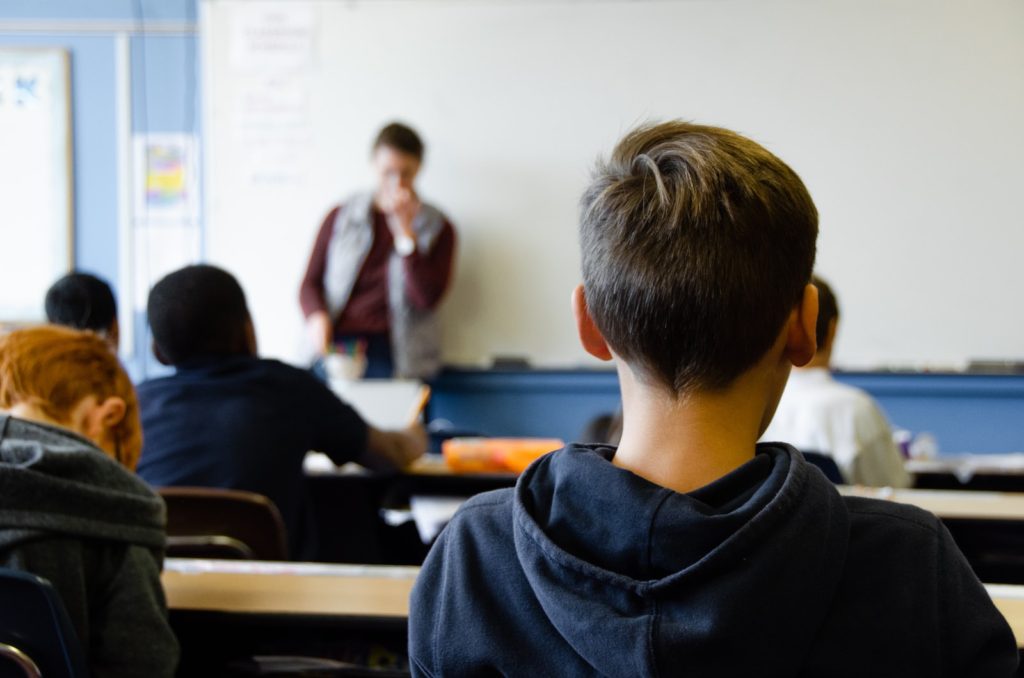
Your child’s teacher may think that they are being fair and just but many kids who feel overly guilty, anxious, or simply feel injustice strongly, this “group punishment” can be very frustrating and make kids feel uncomfortable about school.
Or, your child may be the only one getting in trouble. ADHD makes it (more) likely that your child daydreams, talks, moves around, talks without permission, processes out loud, etc. Even understanding teachers get frustrated at times and may say something to your child or they may “get in trouble.”
Unfortunately, even if the “punishment” is a stern look or a quiet warning, kids who are sensitive to criticism may takes these consequences to heart. This may cause them to feel nervous about school or to feel as though they are wrong.

Or maybe your child has a problem with a teacher. Does your teen feel as if their teacher is fair and “gets” them? It is extremely important for teens to like, respect, and connect with their high school teachers. It isn’t realistic for this to be the expectation for each teacher but this connection can goes a long way towards earning buy-in from your teen.

There are many areas where behavior and people problems can cause problems with your child’s attitude towards school.
6–High Number of Daily Transitions
Transitions are often difficult for kids with ADHD yet these changes in location or activity are frequent in pubic school, from elementary school on up to high school.
Consider all the transitions my most recent class of second graders had before their first class of the day:
They would be dropped off and sat in lines in a large, somewhat noisy, cafeteria. Then they walked down the hallway to our room. From there they unpacked and started a warm-up. Then they stopped working to eat breakfast. Then they cleaned up. From there they sat in a circle for our group time.
Whew!
In any given day a child may line up to leave the classroom 5 to 6 times. Outside of the classroom there are multiple teachers children must listen to and learn expectations from. There are about 5 to 6 subject changes.

So even if your child is working hard, deep in focus, they will have to shift activities according to a schedule. It can feel disjointed. And this is the reality day-after-day.
Many transitions are a daily fact of many public schools. If your child struggles with transitions, this can cause many pain points throughout their school day.
7–Modification or Accommodation Pain Points
Another reason some children hate school is that their accommodations or modifications are not cutting it. While modifications are necessary and sometimes extremely effective, often there are problems. For instance, many teachers are unable to consistently follow-through on every modification for every student for every assignment.

Although many teachers try to ensure best practices, there is simply not enough hours in a day to make that possible. Some modifications are simply ineffective; different modifications or more modifications are necessary in order to help that student be successful.
Another problem with modifications is that some students dislike them. They may feel different or dumb or as though they stand out because they are doing something different than their classmates. Some kids resent having to leave the normal classroom or doing work at a different level.
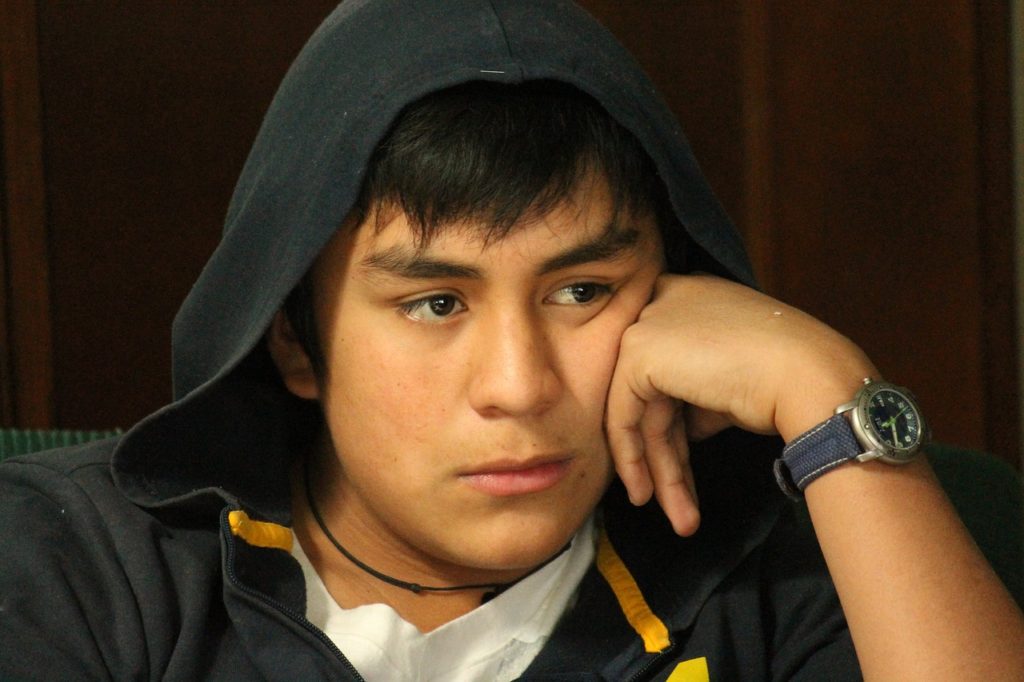
Along with this, some modifications that are meant to help, and do help, also have drawbacks. For instance, there were times when 2 students returned from working with the special education teacher yet the class was in the middle of a new lesson. Therefore, those students were unsure what was going on and had to wait until I was available to reteach or catch them up.
Modifications can be very helpful but creating the modifications (or accommodations) is just the first step and need to be monitored.
8–No Sense of Community
Yet another reason your child may hate school and want to stay home is that they do not feel a sense of community at school. Feeling as though you belong, as though you are an important part of a group makes a big different in how children feel about school.

Many elementary teachers work hard to develop this community yet that intentional work is not the only thing that creates community.
There may be some students who demand so much time that community building takes a backseat.
The kids may just not jive no matter how hard the teacher tries.
Some years the teacher may be absent a lot which can disrupt the classroom routines and rhythm including how the kids interact with each other.
And sometimes there are just some kids who like to exclude.

It sucks but it is true.
For some older kids, a sense of community, or being part of a group, is the main reason (sometimes the only reason) they like school. And if there are problems between friends or a lot of drama, this can cause anxiety and sadness.
Another problem may be that your child does not have any classes or lunch with their friends so they feel isolated and alone, even though their friends go to the same school. Unfortunately, many middle and high schools are large and helping students build and maintain manageable communities can be challenging.

For kids with ADHD, learning disabilities, or anxiety, the need to be with likeminded kids may be strong. It may be more challenging for them to make friends because it may be difficult for them to start friendships or they may be more selective when choosing friends. Often kids want to feel as though they are around people who “get” them and that isn’t always an option.

Bullying is more than feeling no sense of community, of course, and this will certainly make kids more resistant to school. Any incidents of hate need to be addressed. If you suspect that your child is experiencing this, take steps to solve this problem.
Being part of a strong, respectful group is a human need for many people. Your child may feel the lack of that at their school.
9–Tight Family Ties
It is also possible that your child may simply miss being around you or another family member.

For younger children, leaving their room, their home, their parents, or their younger siblings who are still at home may feel uncomfortable and scary. Some children may experience separation anxiety when they have to say their morning good-byes.
Even well-adjusted children may long for the comfort of home over the school’s climate. Add in after-school-care, anxiety about school performance, social anxiety, and your child may deduct that they hate school.
Leaving the family can be very challenging for some students, especially if anxiety is in the mix.
10–No Success
Another very plausible reason your child may hate school is if they are not experiencing success. Bringing home a report card with straight Cs even though you’ve been working hard feels rotten.

Most public schools focus on reading, writing, and math. Science and social studies are in there, too, but those subjects usually require strong reading or math skills are a prerequisite to doing well. Other classes such as Art, music, PE, etc. may be offered but are usually not everyday classes and those skills are not often consistently integrated in the basic three.
Therefore, if your child has dyslexia and dyscalculia, there is a chance that they are already going to struggle with all the major coursework. Even if they have another strength–your child may be a performer, an excellent musician, fantastic with animals, etc.–your child will not be able to use that strength or “show it off” at school with her peers.

Working all day in areas of weakness is tough for anyone, at any age. Many children with ADHD and learning disabilities are doing this day-after-day, year-after-year.
How To Help Your Child Tolerate School

I wish there was a magic wand to make every child love school. That’s because children build a lot of their confidence within school walls and that is difficult to do when you are not naturally strong in academics. None of the following are “magic” solutions but use them as a starting point to help improve your child’s feelings and behaviors towards school.
1–Ask your child
I’m not suggesting you barrage your child with questions everyday, but gently try and ascertain why they dislike school or what parts of it are causing them problems. Also ask them what parts of school are most enjoyable.

Hopefully you will start to notice some patterns to their responses and can go from there. Remember to keep these important questions to a minimum and give them some time to decompress from the day or have a snack before expecting much communication.
2–Communicate with the School
Depending on the particulars of your school, there are many school leaders at your child’s school who can help you navigate this challenge.
Your child’s teacher, of course, along with the school counselor or guidance counselor are equipped to work with parents and students. Talk with them and let them know your concerns and reasons your child is disliking school. Ask them to help you problem solve strategies that can be implemented to help your child.

Consider the school staff part of your team to help your child reach their full potential.
3–Good Home Routines
The good news is that as primary caregivers, there is a lot that we can do proactively to help our kids feel better about their school days in the first place.
Maintain good morning routines so that your child is not rushed and hurried as they leave the house. Wake them up gently and make sure they have a healthy breakfast. This will help them walk out the door feeling calmer and more energized than if they were rushed or if people were fighting and angry.

Keep evening routines consistent and let them know what to expect. Prioritize family dinners and their bedtime routine so that they get enough love and enough sleep.
Monitor technology consumption (including social media) so that their brain can relax and so that extra stress is eliminated.
Keeping your child’s lifestyle healthy can only help them manage school challenges.
4–Monitor Energy Demands
Remember above when we talked about how much energy learning requires?
Kids with LD usually use a lot of energy just to do the normal amount of work. That’s why, at the end of the school day, they may be fried.
Remember the look in your kids’ eyes after their first few days of Kindergarten or first grade? That’s the same look many older kids have after a day of using most of their energy on academics.
These kids may not have anything left in their tanks for extra classes, homework, or tutoring.
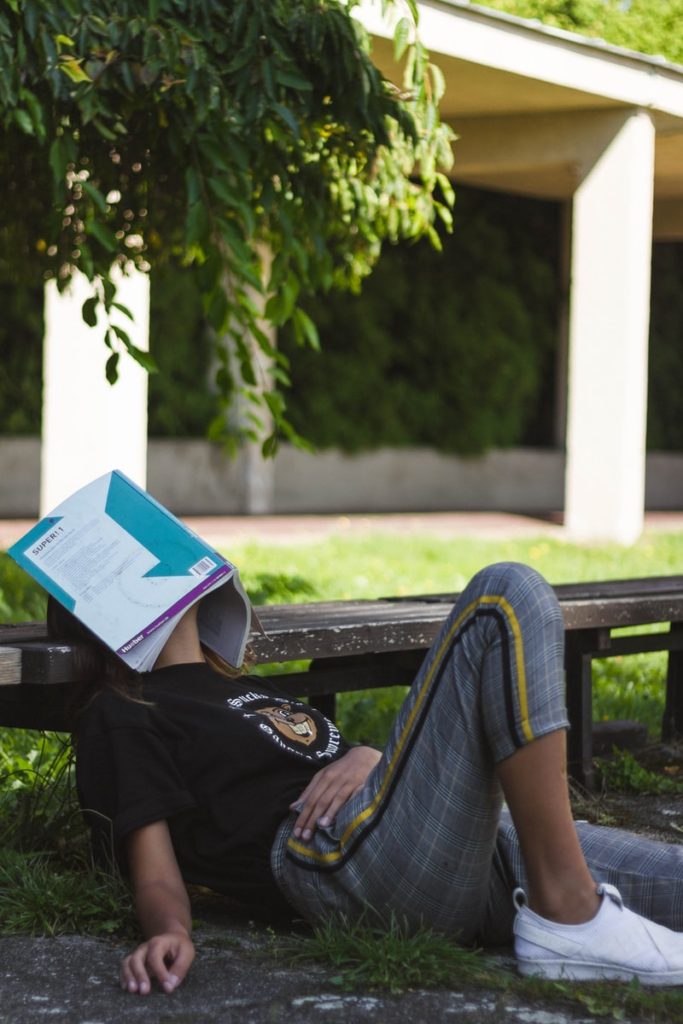
It is challenging to find the right balance between too many things going on and not enough. You may want to evaluate on a day-to-day basis and let your child decide how much energy they have and what they need to do to build themselves up.
Help your child learn to reflect on how their body and mind feel at the end of the day and decide where their energy levels are so they can communicate that to you.
5–Put Deposits in your Child’s Personal “Bank”
Because schooling is energy-draining for kids who find academics challenging, help them learn how to replenish their energy bank. The way to refill this reserve is individual, but you can help your child learn how to identify activities, people, and habits that make them come alive. My daughter adores music, drawing, and time with family; if she get those three things each day, she can bounce back from the difficulties of school easier.
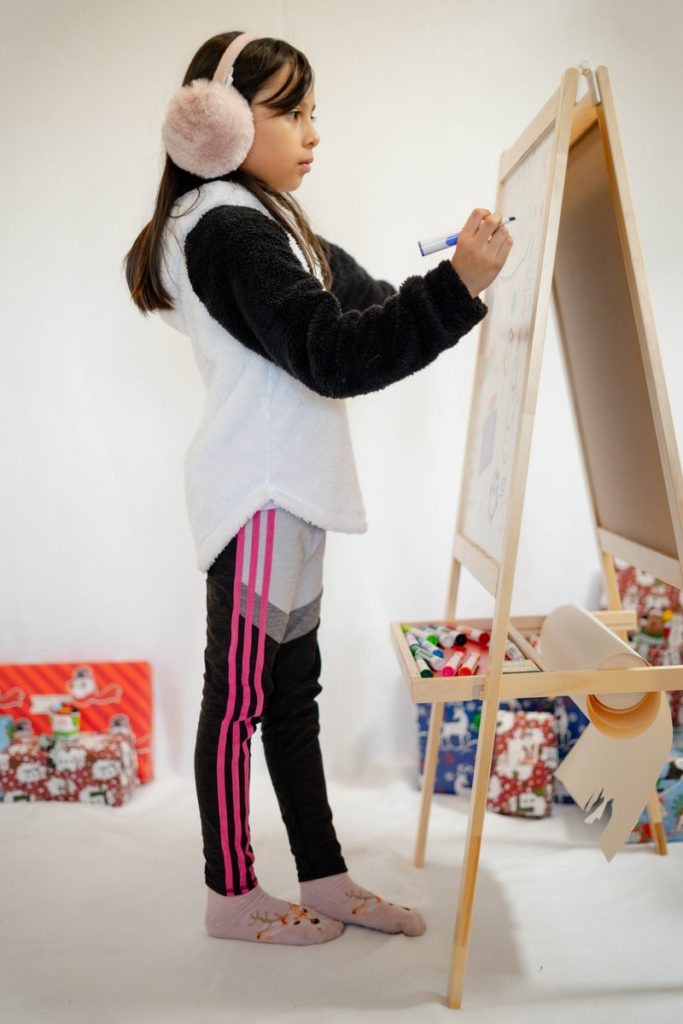
Sleep, good nutrition, and basic self-care are all important aspects of feeling good for everyone. That’s why some things may need to be non-negotiable in your household such as several late nights in a row or lots of junk food.
Keep in mind that you don’t want to use any (healthy) energy building activity as collateral for good behavior or grades. Preventing your son from going to karate class because he talked too much at school even though he LIVES for karate and it brings him lots of joy is demoralizing. Instead, recognize that your child may depend on these activities to counterbalance the school experience and build up their self-confidence.

Another thing to pay attention to are the little things that fill up your child’s emotional bucket. For instance, my daughter loves notes in her lunch. Even though she’s older, she still enjoys them. Your child may like something different but observe the small things that have big impact.

6–Hire Help
Another way to help your child may be to get them a leg up academically through a private tutoring or a semi-private program. There is no shortage of help available now that online resources are a mainstay of education. If your child wants help and is willing to work, providing extra time with a skilled teacher or tutor can provide them with increased confidence and and skills.
If your child needs help with social skills, consider online courses, groups, or counseling that can address these problems. Many professionals build these skills this through games and fun interactions so research strong options before bringing this up with your child.

Organization skills is another area that can be hired out or you can read up and try to help your child yourself. Because an ADHD brain is different, you will need to help them implement different strategies than you would for a neurotypical student. You can also consider hiring a private ADHD coach to help you child build their organizational skills.
Providing your child with the skills they are weak in or missing may provide them with more confidence to manage the academic, organizational, and social skills school require.
7–Consider Alternative Schooling
This may be a difficult change to consider because it’s such a big one. But it’s worth looking into if your child has ADHD or LD and public school is not working.
There are a number of schooling alternatives from private school to homeschool to unschooling. A different school may provide less of something that isn’t working–number of kids in a class, for instance–or more of something that will work–an emphasis on a subject your child enjoys.
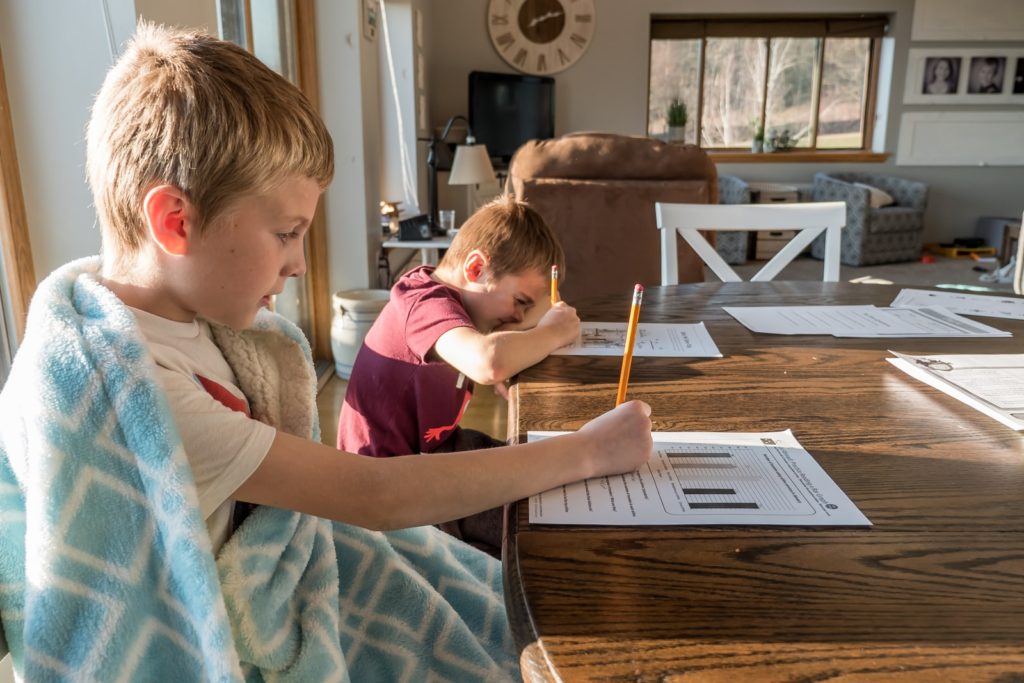
While trying a new school may not lead to the perfect right school, it may be an improvement and help your child feel more positive about schooling. And before you dismiss the idea right away due to financial or logistical concerns, keep in mind that there are many opportunities to make alternative schooling work. Once you start researching schools, you may be surprised to find out how possible it is.
There are many alternative education opportunities and many of them are developed exclusively for children with ADHD or learning disabilities.
8–Volunteer

If your child is comfortable with it, volunteering at the school can be helpful; it may provide a context for you to understand your child’s struggles. Sometimes parents are out-of-touch with the realities of the classroom demands and the attitudes of the other kids our children go to the school with. It can be helpful to experience the atmosphere first-hand and to think about pain points from your child’s point of view.
Consider:
Is the cafeteria noisy? Does your child hate loud areas?
Are the class sizes unusually large this year? Does your child feel overwhelmed being around a lot of people?
Are there rules for everything? Does your child march to the beat of their own drum?
Being in the same space as your child may help you understand their frustrations better so you can problem solve solutions.
9–Check Modifications/Accommodations

Checking in periodically with your child’s teacher about their 504 or IEP may be helpful as well. Legally the school has to review these plans yearly, but you need to touch base with your child’s teacher more often so that changes can be made if necessary.
In order to keep this relationship strong, let the teacher know that you want any feedback and suggestions they have as well so that they understand you are not looking for things they are doing wrong. You can ask if there is anything you can do to help the year be successful for your child so the teacher knows that everyone is working together to help your child.
Monitoring how your child is being helped in the classroom and what is, and is not, working, is important.
10–Consider Medication/Supplements
Some children may need medicine in order to be successful in the classroom.
If many strategies have been tried and your child is still having problems with attention, intrinsic motivation, and/or anxiety, it may be worth talking to their provider about the possibility of medication.

Some parents shrug away this option for a number of reasons. Please don’t. Medication may not be the correct move for your child but ADHD and anxiety are real diagnoses, and, like other chronic conditions, must be managed well in order for a person to function at their best.
11–Set the Tone
One of the best ways to help your child is to be intentional about the attitude your family takes regarding school, success, and stress.

Oftentimes we equate good grades with hard work. But many kids with LD struggle to make good marks, despite the amount of work and energy they put towards their academics.
These kids may experience a roller coaster effect–feeling good about their efforts or the improvements they made, followed by a swift disappointment once they realize that there is still so far to go or that the effort did not translate into an A.
A great way to lower the stress and keep the focus on the marathon that is schooling is to emphasize that school is important but it is not the priority. Make sure your child knows that their mental health, happiness, connections, healthy habits, etc. are all more important than a grade or mastering division.

As your child gets older and they are thinking of their future career, remind them that there are career options that are many career options that are not dependent on school performance. Help them to understand that ADHD and LD are simply reflections of how their brain functions, not how smart, capable, or lucky they are.

Deemphasize the stress that comes with school so that your child just has to manage their own expectations and internal stress, not yours.
A Happy Conclusion

Figuring out what works best for your child with ADHD or a learning disability can have a happy conclusion. But it may take time, reflection, and communication to find the best options. And it’s important to remember that whatever worked last year may not work this year. Being agile and flexible is important when it comes to school plans.
More than anything, remember to take your child seriously if they say they hate school. It doesn’t mean they will always hate school. It doesn’t mean they are going to drop out. But it does mean that at that moment, your child is having negative feelings about school.
Acknowledge those feelings and you’re already on your way to handling the challenge well.
Want to know how to talk to the school so you can help your child?
I’ve written a mini-book filled with email templates for teachers and principals so you can confidently reach out to them to get your child the help they need. Download it here.






